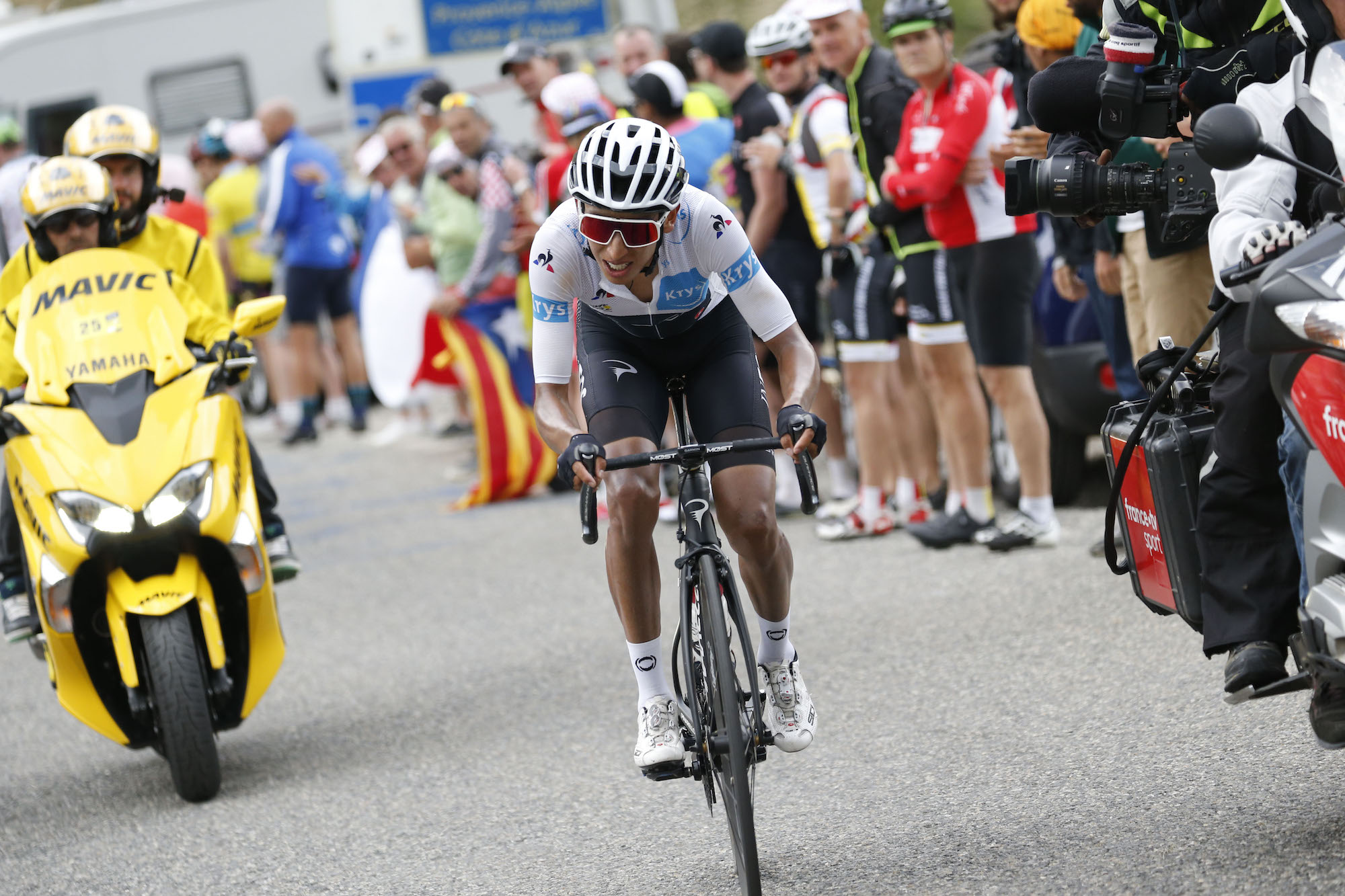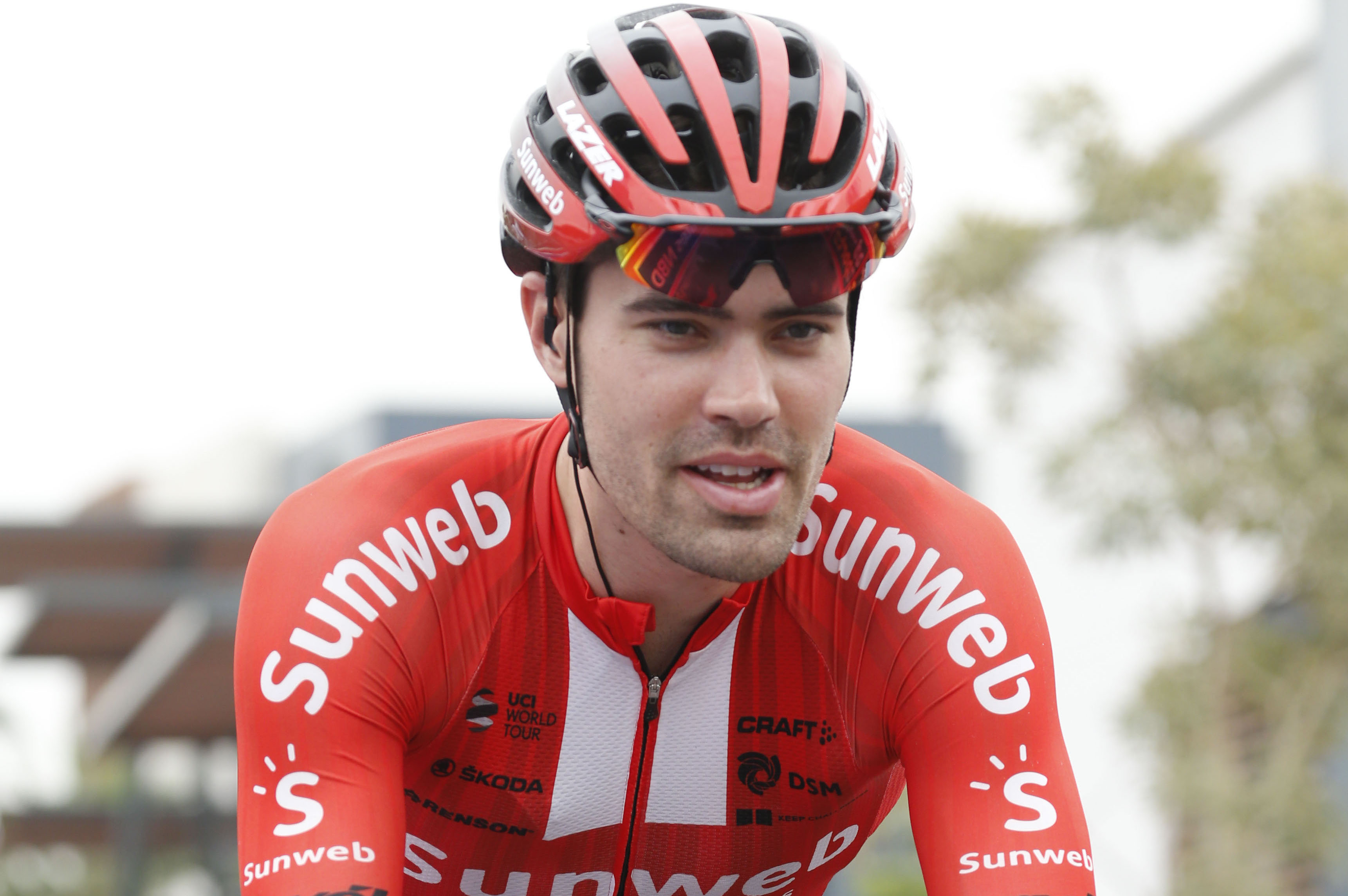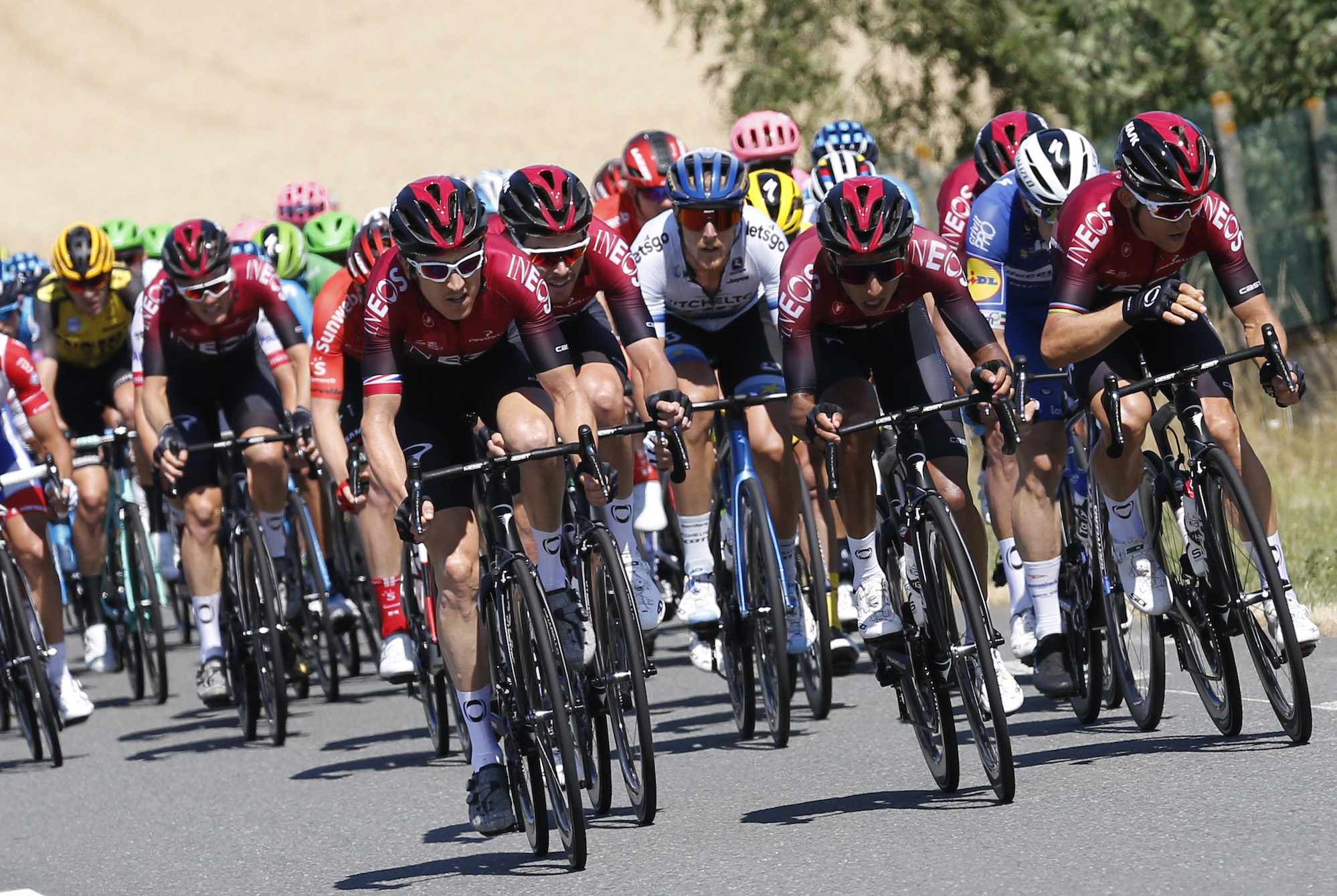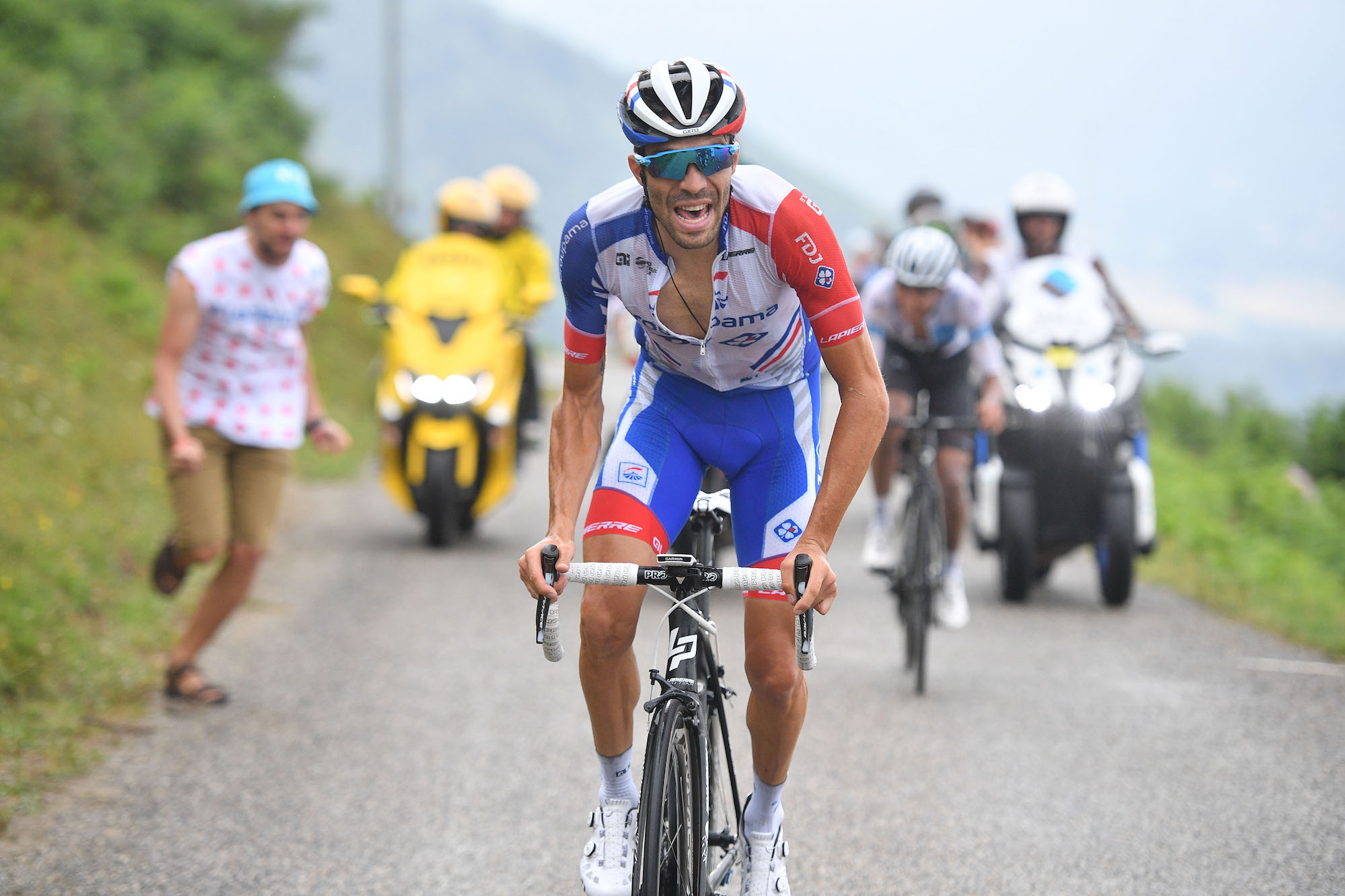Tour de France 2020 route analysis: An intriguing, unpredictable and open race in store
The 2020 Tour de France route looks like one Ineos and Jumbo-Visma will struggle to control

Based on how the 2019 race unfolded, and the transfer activity since then, the 2020 Tour de France had looked set to be an almighty tussle between two outstanding teams - Ineos and Jumbo-Visma.
>>> Tour de France 2020 route revealed
Egan Bernal’s overall victory in July means Ineos now boast all three of the most recent winners of the yellow jersey (the others of course being Geraint Thomas and Chris Froome), while the addition of Giro d’Italia champion Richard Carapaz from Movistar strengthens the team yet further.
Jumbo-Visma, meanwhile, were somewhat surprisingly the strongest team of the 2019 Tour de France, and could next year add to their line-up Vuelta winner Primož Roglič and new signing Tom Dumoulin.

However, both teams might be left disappointed by the announcement today of the 2020 Tour’s route, which at first glance doesn’t appear to provide an opportunity for them to exert their dominance over the race.
Most striking of all is the lack of pure time trialling kilometres. In any context, just one stage against the clock lasting 36km isn’t much, but the picture is even bleaker for specialists when you consider that the route will culminate with a climb of La Planche de Belles Filles.
This stage also takes place on the penultimate day of the race, meaning the time trial specialists won't have a chance to lay down a marker early in the race - not even through a team time trial, which won't feature in the Tour for the first time since 2017.
The latest race content, interviews, features, reviews and expert buying guides, direct to your inbox!
A lack of a team time trial is an obvious disadvantage to two squads as powerful as Ineos and Jumbo-Visma, but it’s notable just how many of their potential candidates are dependent on the time gained in individual time trials.
Jumbo Visma’s Dumoulin is so reliant on time trials that he tends to wait until the route announcements until deciding which Grand Tour to target. This year he made the unusual move of already having confirmed his intention of targeting the Tour - but might this route give him second thoughts?

Similarly, Roglič is a rider who prefers to ride conservatively in the mountains and instead gain time against the clock, so he’d have to adjust his strategy, or alternatively, target the Giro d'Italia instead.
At Ineos, both Froome and Thomas are also among the best time triallists in the world, and have based much of their success in Grand Tours with fine performances against the clock. In fact, Froome would not have won his fourth and most recent yellow jersey in 2017 were it not for the 2-36 he gained over Romain Bardet in the time trials.
Of course, Ineos also have Bernal in their ranks, who won the Tour this year on the basis of being the best climber, so his bid for outright leadership next year will have been strengthened by the route announcement.
However, it’s riders from other teams that will have been most encouraged by today’s revelations.

In particular, it looks like the best route that the two French heroes from this year’s race, Julian Alaphlippe (Deceuninck-Quick-Step) and Thibaut Pinot (Groupama-FDJ), could have hoped for.
As well as time trials, Pinot’s Achilles heel over the years has been staying healthy and avoiding illness at the very end of Grand Tours, so the fact that this year’s final mountainous road stage occurs a little earlier than usual, on the final Thursday of the race, could play into his favour.
For Alaphilippe, there are plenty of the kind of rolling medium mountain stages he so excels at early in the race, with a remarkably early mountainous stage on just the second day of the race and two stages in the Pyrenees completed before the first proper summit finish in the Massif Central on stage 13.
And the final time trial is a combination of two of his greatest triumphs from last year - as a time trial with climbing it mirrors the stage he won in Pau, and finishes atop La Planche des Belles Filles, the climb he so spectacularly defied expectations on.
His assertion that he has no intention of targeting overall victory next year should be taken with a pinch of salt, given how his success this year was based around going under the radar and not being expected to ride for GC.
All that said, four back-to-back stages in the Alps between stages 15-18 could easily prove the undoing of aggressive, vulnerable riders like Pinot and Alaphilippe, and the kind of territory where strength in number and support from domestiques is likely to be crucial - which is where the advantage swings back in favour of both Ineos and Jumbo-Visma.
All in all, Ineos and Jumbo-Visma still look like the teams to beat, but this route throws up plenty of intrigue and unpredictability that suggest the 2020 race could have a similar open feel to it that made this year’s Tour such a thrilling race.
Stephen Puddicombe is a freelance journalist for Cycling Weekly, who regularly contributes to our World Tour racing coverage with race reports, news stories, interviews and features. Outside of cycling, he also enjoys writing about film and TV - but you won't find much of that content embedded into his CW articles.